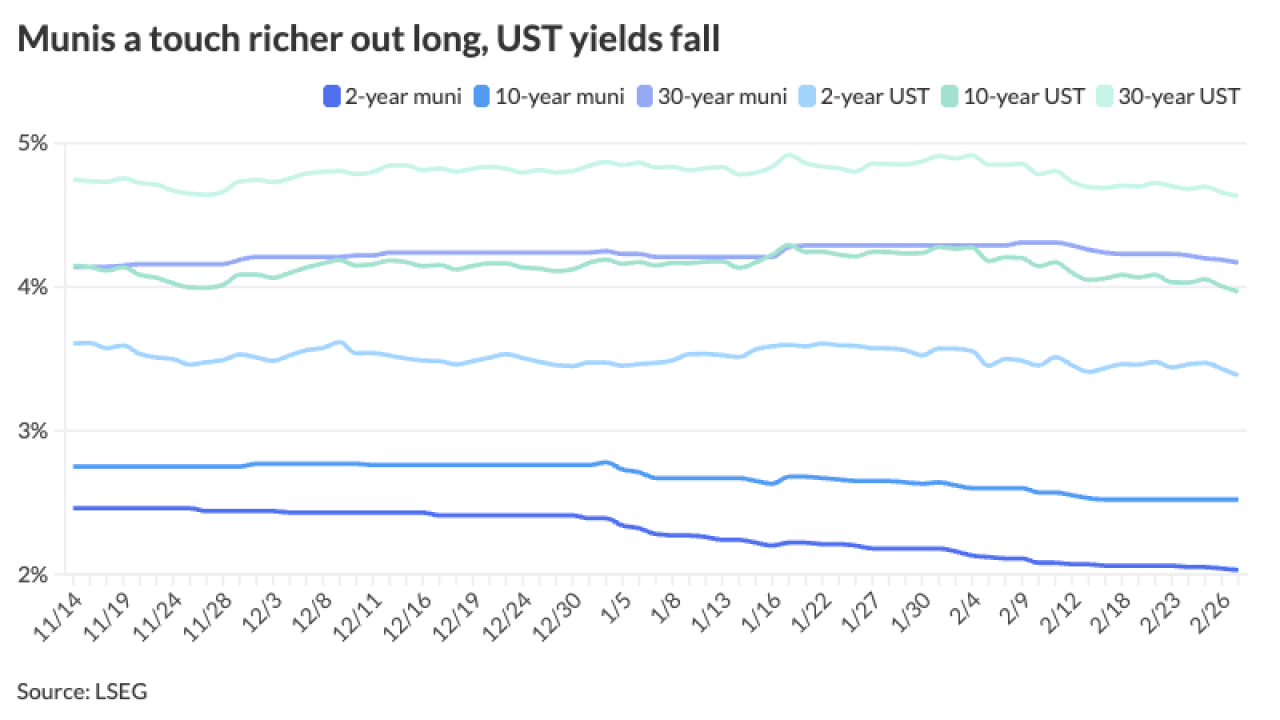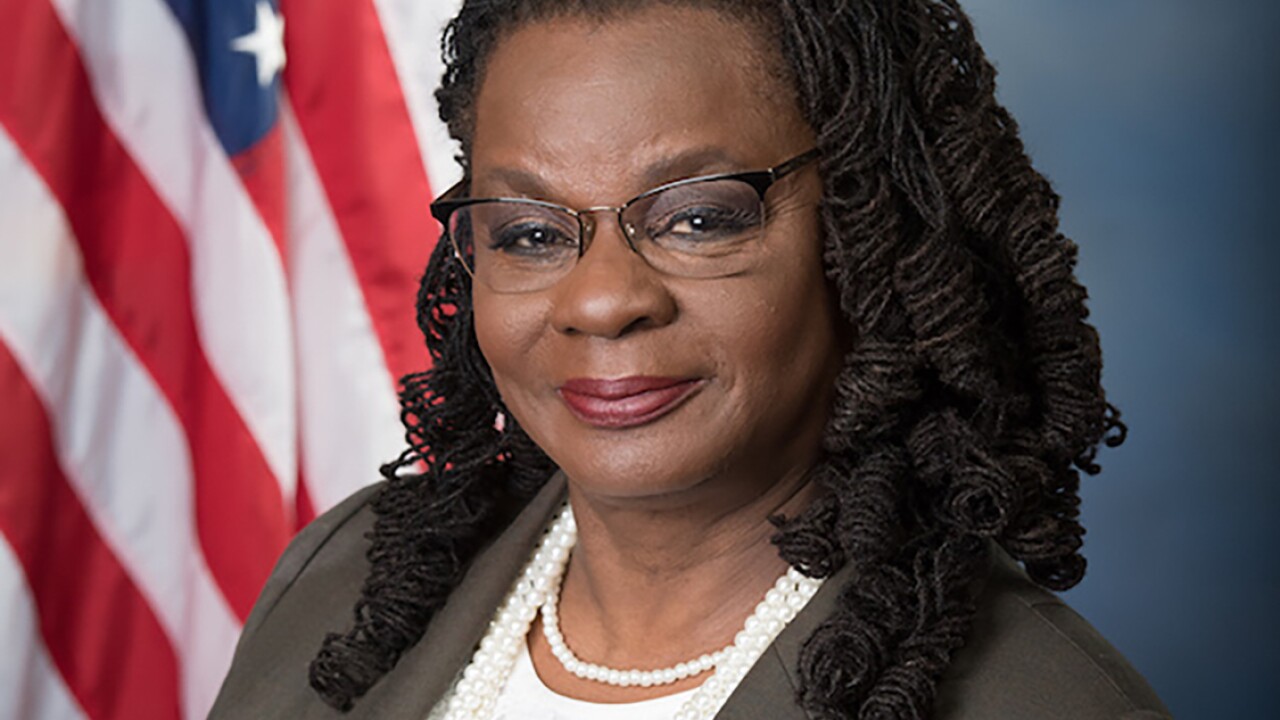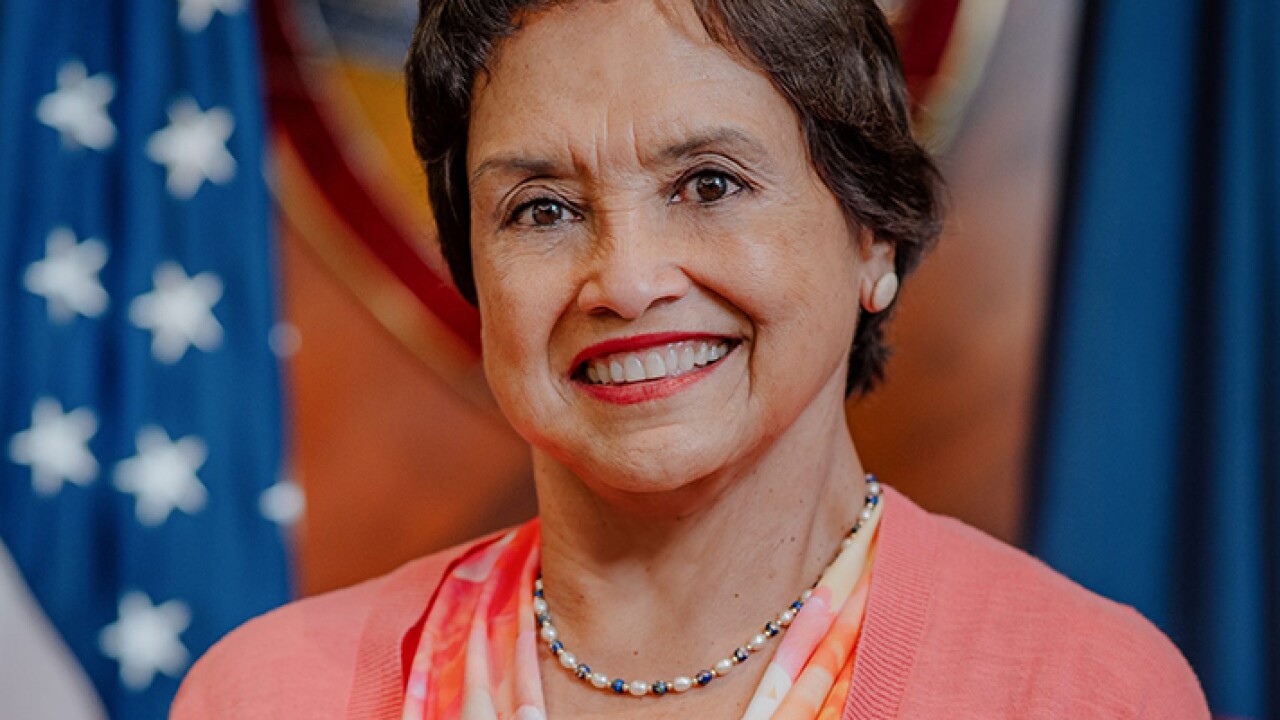
BRADENTON, Fla. – The private developers of a Florida intercity passenger train system unveiled a new financing strategy they said will moot two pending federal lawsuits nearing conclusion in Washington, D.C.
The new strategy, which calls for bifurcating a $1.75 billion private activity bond allocation in an attempt to eliminate the suits before a final judgment, was detailed in a series of last-minute court filings this week by All Aboard Florida and the U.S. Department of Transportation.
Both USDOT and All Aboard Florida requested another 30 days to respond to motions for summary judgment sought by Martin and Indian River counties in proceedings before the United States District Court for the District of Columbia.
Attorneys for the counties cried foul to the requests in filings Tuesday, saying that the USDOT failed to disclose "all significant and material facts" by not reporting the complete financing strategy to the court in an
Both counties, which asked the court to deny the requests for more time, said they uncovered AAF's full plan after obtaining a copy of a new PAB application submitted to USDOT by All Aboard Florida on Sept. 30.
The USDOT declined to comment on the allegations made by the counties. The Department of Justice attorney handling the suit did not immediately respond to a request for comment.
All Aboard Florida declined to comment on the litigation.
Another 30 days is needed to respond to the lawsuits in order for a credit committee to act on a new, $600 million
AAF, owned by Fortress Investment Group, said it would use $600 million of bond proceeds only to fund Phase I of its route from Miami to West Palm Beach, which has received final clearance under the National Environmental Policy Act.
Phase II of the project from West Palm Beach to Orlando – the subject of the suits filed by Martin and Indian River counties - has not received final NEPA clearance.
Both counties filed separate lawsuits in early 2015 contending that the USDOT violated environmental regulations when it prematurely approved a $1.75 billion PAB allocation for the entire AAF project in December 2014 because the NEPA process had not been completed at the time.
For its first phase of service, AAF plans to run 16 round-trip trains daily 70 miles from Miami to West Palm Beach on existing rail lines owned by Florida East Coast Railway Corp., both of which are owned by Fortress Investment Group.
The second phase would extend to Orlando International Airport, using 135 miles of existing Florida East Coast right-of-way and a new 35 miles spur to the airport, where a multimodal transportation facility is under construction,.
The second phase of the train service, which has been branded Brightline, would pass through Martin and Indian River counties without stopping.
Both counties contend in their lawsuits that public safety, historical, and environmental aspects of the trains have not been adequately considered by federal officials required to sign off on the project, and that it was improper for USDOT to approve the PAB allocation without clearing it through the NEPA process.
On Aug. 16, U.S. District Judge Christopher R. Cooper, in a potentially precedent-setting initial ruling, said that the counties had proved that the bond allocation should have been considered in the federal environmental review process.
Cooper denied motions by the USDOT and All Aboard Florida to dismiss the suits, sending them closer to conclusion. Both counties filed motions for summary judgment on Oct. 21.
On Tuesday in a motion for more time to respond to the suits, All Aboard Florida said that it plans to withdraw its application for the original $1.75 billion of PABs, and bifurcate its request for the funds in an effort to head off a final ruling and market the first tranche of bonds soon.
AAF is requesting a $600 million allocation for Phase I now, and plans to file an application for another $1.15 billion for Phase II within the next several weeks, according to a Sept. 30 letter signed by AAF President Michael Reininger.
Reininger said design and construction of the 67-mile Phase 1 segment, which includes train stations in Miami, Fort Lauderdale and West Palm Beach, is well underway and five train sets for the route will be delivered in time for service to begin in June 2017.
Reininger also said that "market conditions relative to bond financing began to improve earlier this year and have continued to improve to the point that we now believe we can conclude an initial offering of PABs on favorable terms in the near future."
"The new application for Phase I is time-sensitive," he said. "The goal is to proceed with an offering for Phase I while prevailing market conditions remain favorable."
AAF said Tuesday that it anticipates a decision on its $600 million PAB application when the USDOT Credit Council convenes Nov. 16.
Both AAF and USDOT said moving forward financing Phase I would render the lawsuits moot because they involve Phase II of the project.
In urging the court deny the 30-day extension, Martin and Indian River counties said that the new financing strategy could not moot their suits.
Martin County's attorney, Stephen Ryan with McDermott Will & Emery LLP, also argued in a
If the counties had agreed to the motion they "would have acted on incomplete or actually misleading information that is materially different from the actual facts," Ryan said.
"It is apparent that defendants are seeking to navigate around this Court's August 16th Memorandum Opinion by providing AAF with the full $1.75 billion in bonding authority challenged in this proceeding, but doing so by breaking the application up into two tranches: one bond offering for $600 million and a second offering for the balance of $1.15 billion," wrote Indian River's attorney, Philip Karmel with Bryan Cave LLP.
Ryan also said USDOT and AAF had weeks, if not months, to disclose the existence of a plan to submit a new PAB application, although neither mentioned it in Sept. 20 filings when they responded to the lawsuits.
"AAF also fails to disclose that Fortress Investment Group is exploring a sale of AAF's sister company [Florida East Coast Railway Corp.] which owns the rail corridor on which the AAF project would run," Ryan wrote in a footnote, citing an Oct. 13 Bloomberg article on the potential sale.
Additionally, All Aboard Florida's new PAB application states that the $600 million would include funds for train engines and cars to be used in Phase I that would also run on Phase II through the two counties, he said.
By shifting $600 million of bond proceeds to Phase I, "AAF may be reshuffling its capital stack, but this will not moot the case as claimed by the defendants," Ryan said. "AAF still needs PAB assistance to finance Phase II of the Project.
"AAF and DOT are attempting to delay and ultimately argue the case is mooted in order to avoid a judicial determination of whether DOT violated NEPA from the date of the PABs approval, Dec. 22, 2014, to today," the filing said. "Defendants should not be permitted to evade a judicial determination on these issues through further manipulation of NEPA."
The lawsuits, it said, would only be rendered moot if the original PAB application was withdrawn, and AAF abandons Phase II of the project, which is not the case given AAF's plan to apply for a separate bond allocation.
The strategy would not moot the legal challenges, it would "simply swap out the one lawsuit where judgment is close for another future suit where it is not," Ryan wrote, adding, "The facts are clear - AAF is seeking to avoid judicial review of the project in the instant lawsuits with the apparent blessing of DOT."





